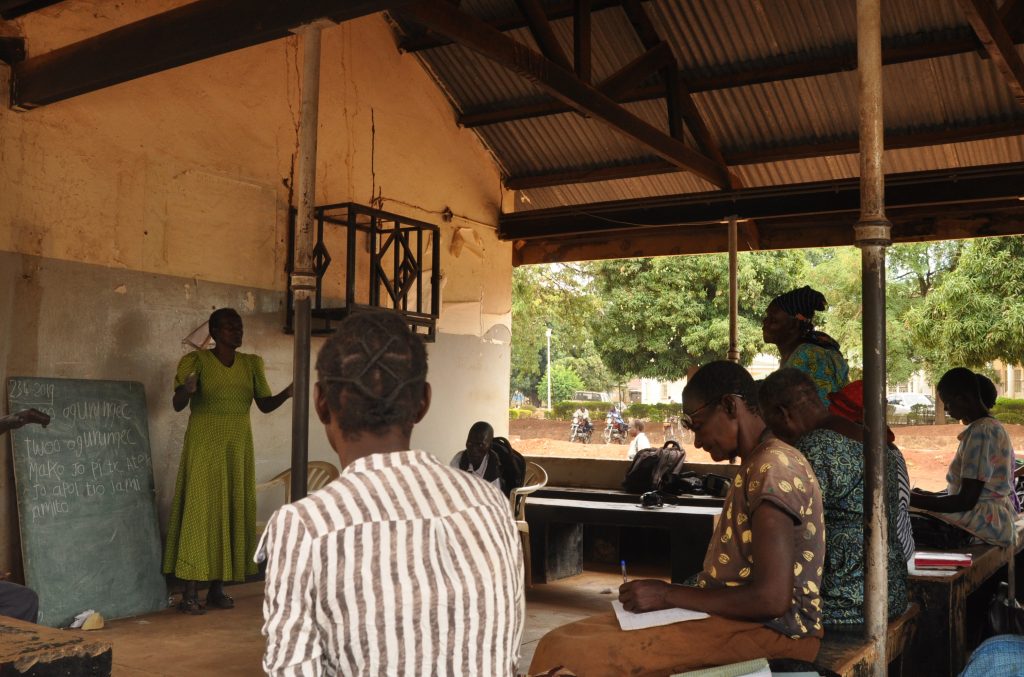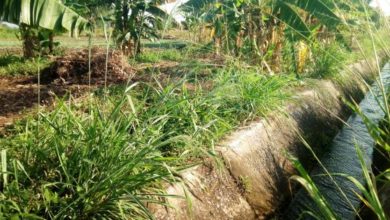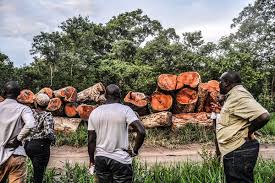Environment
UGANDA: OIL AND LAND DISPOSSESSION: THE PAINS OF OIL DEVELOPMENT IN UGANDA
Eria Serwajia a Don from Makerere University during his presentation on Oil and Land at Bomah Hotel- Gulu
While the Acholi communities continues to cry over land grabbing. The Bunyoro communities from mid-Western Uganda the land where oil development begun had suffered in silent as land schemers ganged up with powerful goons to grab huge chunk of land displacing thousands of poor communities.
GULU-UGANDA: As communities in Apaa try to resist land grabbing by the politically connected individuals since 2011 over presumed wealth that lie beneath their land, the Banyoro people in the districts of Hoima, Bulisa and Part of Masindi had fought the same battle with land speculators on land with vast amount of commercially proven oil wealth.
According to Eria Serwajia a Don from Makerere University says oil, land and dispossession: pains of peasants and prospects for development after oil,
“Oil embodies wealth, power and influence” Serwajia argued.
Serwajia argues that this draws in multiple actors with varying positions of power and interests Powerful, wealthy and well-connected profiteer from oil deals
The rural poor pushed to the margins through the loss of assets including land.
Presumed benefits of Uganda’s oil: Change from rain-fed agriculture to oil and related products Transform Uganda from low to middle income to provide employment to Ugandans
“Countries that export oil are forty times more likely to be engaged in civil war than countries that do not” (Forest and Sousa, 2006:5). No oil-endowed country on the African continent has been able to avoid the oil curse.
Two key questions:
She posed the question:Is Uganda able to follow a different path?
Are there prospects for Development after Oil?
Adding that otherwise what we are witnessing in Uganda today with the current land grabbing across the Albertine regions, we have fall victims of Oil, Land and Dispossession.
Makerere Don re-assure the International Conference in Gulu meeting that there are Global debates on enclosures initiated ‘from above’ and ‘from below’ Global/foreign, national and local elites, insists that the National and local elites are key players in the ongoing dispossession processes
Serwajia says that why oil and land possessions has become a disaster in the oil Albertine regions, she revealed that on 28 March 2012, the High Court siting at Masindi issued an order to evict the local communities of Kiziranfumbi.
The eviction was matted on poor communities violently evicted on 12th April 2012
About 460 houses burnt and 2470 people displaced Women raped, people beaten and livestock stolen. And the Sugarcane plantation planted in 2012 and HSL starts operation in 2014.
Where is the problem?
Serwajia says that on March 18 2014, Court ordered the opening up of boundaries of the land at Bugahya Block 6 plot 6, LRV 1826 Folio 16 Located at Kyabikuti/Muriranduru.
In May 2014, the boundaries of Bugahya Block 6, Plot 6, were opened Bugahya at Block 6, Plot 6 was in Bugahya County, far off the contested land.
”Actual location of the contested land is Block 12, plots 30 and 40 in Buhaguzi County Buhaguzi County at Muziranduru.”
When we go deep on the ground, you find the actual land owner in Bugahya Block 6, Plot 6 was owned by M/S Kitana Growers Co-operative Society, a nonparty to the land conflict.
What the government of Uganda clams is that the government want to build Irregularities, it seem intentional and intended to create confusion. Create space for the appropriation of community land.
She revealed the so called Multiple patterns of capital accumulation, are connected to local people within the affected area in Bunyoro region. They causing direct and violent in some cases and indirect and non-violent in others. Corruption, back-door deals, kick-backs and loopholes in the judicial system
Impacts
The community who has been evicted cannot allow to be employee in the same farm that carried in human capital on them, “Unemployment for the evicted people.
Agrarian livelihood systems.”
Thus, rights to land. In Africa and Uganda in particular land is a capital asset where people identify themselves as belonging.
”Restructuring the local political economy and social relations around the central means of production, land concentration for the elite and loss of land for the rural poor. De-peasanticizing the countryside and promoting large-scale corporates.”





